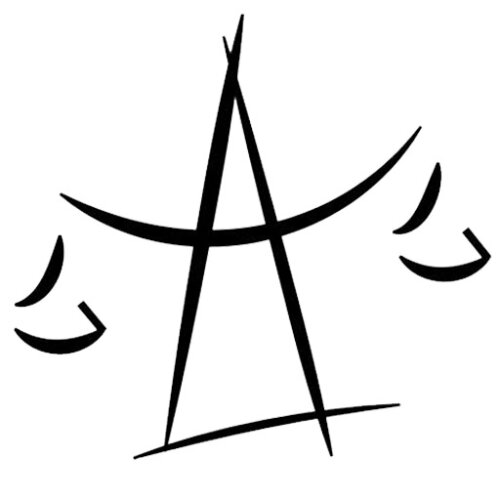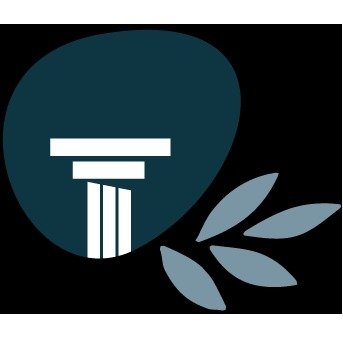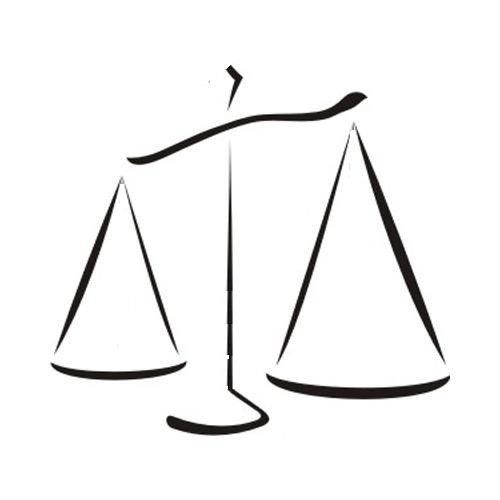Best Faith-Based Law Lawyers in North Macedonia
Share your needs with us, get contacted by law firms.
Free. Takes 2 min.
Or refine your search by selecting a city:
List of the best lawyers in North Macedonia
About Faith-Based Law in North Macedonia
Faith-Based Law in North Macedonia intersects the areas of legal practice that deal with religious laws and ethics. It serves as a bridge between secular law and the tenets of various religions observed by the country's citizens. Given North Macedonia's diverse religious landscape, mainly composed of Orthodox Christianity and Islam, Faith-Based Law can involve issues ranging from religious freedom and education to family and marital disputes with religious connotations. Understanding the nuances of how religious practices are recognized and protected under the national legal framework is crucial for practitioners in this field.
Why You May Need a Lawyer
Individuals or organizations may require legal assistance in Faith-Based Law for various reasons, such as:
- Disputes involving religious organizations and their governance.
- Family law cases, including marriage, divorce, and inheritance, where religious doctrines play a role.
- Discrimination or conflict related to religious practices in workplaces or educational institutions.
- Understanding how religious freedom is balanced with other statutory rights.
- Setting up charitable activities or religious entities under North Macedonian law.
- Navigating international legal instruments concerning religious rights.
Local Laws Overview
North Macedonia's legal system provides for the freedom of religion and the right to practice one's faith, as outlined in the Constitution. The Law on Religious Communities and Religious Groups regulates the legal status of religious organizations but does not allow for religious doctrines to supersede national civil law. Family and inheritance laws are secular but may consider religious customs where applicable. Furthermore, laws addressing discrimination ensure that religious beliefs are protected in various societal aspects, including workplaces and schools.
Frequently Asked Questions
What are the main religious laws observed in North Macedonia?
Orthodox Christianity and Islam are the major religions, with their doctrines sometimes influencing personal and community practices, though not substituting secular laws.
Can religious marriage be recognized legally in North Macedonia?
While religious marriage ceremonies can be performed, they often need to be registered civilly to gain full legal recognition under the national law.
Is it possible to have disputes resolved in religious courts?
North Macedonia does not officially recognize religious courts; however, religious bodies may mediate disputes internally, with outcomes needing civil court enforcement for legal recognition.
How does the country protect religious freedom?
Religious freedoms are constitutionally guaranteed, protecting the right to religious expression, education, and congregation, while preventing discrimination based on religious beliefs.
Are religious symbols allowed in public schools?
There are no nationwide prohibitions, but individual institutions may have policies addressing the display of religious symbols, balancing freedom of expression with uniformity.
Can religious attire be worn in workplaces?
Generally, religious attire is permitted as part of expression rights, but employers must reasonably accommodate such practices unless they impose undue hardship.
How are religious holidays respected in the workplace?
Employers typically allow leave for religious holidays according to labor laws and individual employment contracts, respecting employees' religious observances.
Is proselytization allowed in North Macedonia?
While sharing one's faith is permitted, it must respect public order and the rights of others, avoiding coercive or intrusive methods.
How are religious donations regulated?
Religious entities can receive donations, but they must comply with financial regulations, including taxation and transparency laws, as applicable.
What is the process for establishing a religious organization?
Founding a religious organization involves registering with the government, demonstrating organizational structure, purpose, and financial oversight mechanisms.
Additional Resources
If you require further information or guidance in Faith-Based Law, consider reaching out to the following resources:
- The Ministry of Justice in North Macedonia, which oversees legal matters concerning religious rights.
- The Commission for Relations with the Religious Communities and Religious Groups of North Macedonia, which provides governance and support for religious entities.
- Legal aid clinics and non-profit organizations that work on religious freedom and support faith-based communities.
Next Steps
Should you need legal assistance in Faith-Based Law, consider taking the following steps:
- Identify your specific legal issue or the nature of the advice you require.
- Research and contact legal professionals who specialize in Faith-Based Law or have experience with religious legal matters in North Macedonia.
- Prepare all relevant documents or information related to your case or inquiry for your initial consultation.
- Engage with governmental or non-governmental bodies for preliminary support if applicable.
- Ensure you understand the potential costs and processes involved in pursuing formal legal action or dispute resolution.
Lawzana helps you find the best lawyers and law firms in North Macedonia through a curated and pre-screened list of qualified legal professionals. Our platform offers rankings and detailed profiles of attorneys and law firms, allowing you to compare based on practice areas, including Faith-Based Law, experience, and client feedback.
Each profile includes a description of the firm's areas of practice, client reviews, team members and partners, year of establishment, spoken languages, office locations, contact information, social media presence, and any published articles or resources. Most firms on our platform speak English and are experienced in both local and international legal matters.
Get a quote from top-rated law firms in North Macedonia — quickly, securely, and without unnecessary hassle.
Disclaimer:
The information provided on this page is for general informational purposes only and does not constitute legal advice. While we strive to ensure the accuracy and relevance of the content, legal information may change over time, and interpretations of the law can vary. You should always consult with a qualified legal professional for advice specific to your situation.
We disclaim all liability for actions taken or not taken based on the content of this page. If you believe any information is incorrect or outdated, please contact us, and we will review and update it where appropriate.
Browse faith-based law law firms by city in North Macedonia
Refine your search by selecting a city.












